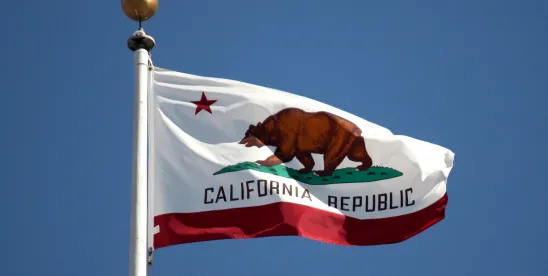Last week, we reported Governor Gavin Newsom had announced that business and labor groups in California had reached a deal to preserve and reform the Labor Code Private Attorneys’ General Act of 2004, Cal. Lab. Code § 2698, et seq. (“PAGA”). At the time of our report, the text of the new bills had not yet been released, but additional details are now available as the bills race to the Governor’s desk.
On Friday, June 21, 2024, two bills to reform PAGA were introduced in the California legislature: AB 2288, which amends Labor Code Section 2699, and SB 92, which amends Section 2699.3. Employer-side proponents say the bills preserve key labor protections for workers while mitigating abuse of the statute, which can provide a vehicle to extract inflated settlements and attorneys’ fees at the expense of businesses and employees.
On Tuesday, both bills were voted out of their respective committees, and they were approved by the Legislature yesterday. The bills now head to Governor Newsom for signature, where they may be signed into law as early as today.
AB 2288 and SB 92, if signed in their present form, would bring several key changes to PAGA, including to:
- Standing: Requires an employee bringing a lawsuit under PAGA to have personally suffered all the alleged Labor Code violations within the one-year statute of limitations. There is a limited exception to this standing requirement for employees represented by certain nonprofit legal aid organizations.
- PAGA’s penalty structure:
- Increases workers’ share of the civil penalties recovered from 25% to 35%;
- Caps penalties on employers who quickly take reasonable steps to comply with the Labor Code, fix policies and practices, and make workers whole;
- Reduces maximum penalties for wage statement violations that are short in duration and eliminates penalties for derivative claims;
- Imposes higher penalties on employers who act maliciously, fraudulently, or oppressively in violating labor laws; and
- Protects employers who pay workers weekly, as opposed to every two weeks, from double penalties.
- The Right to Cure:
- Expands the Labor Code sections that can be cured to reduce the need for litigation and make employees “whole” more quickly; and
- creates a right-to-cure process through the Labor and Workforce Development Agency for small employers and provides for early resolution in court for larger employers, including with the help of a neutral evaluator.
- Streamlined Litigation (Manageability):Codifies a court’s authority to limit the scope of claims and the evidence presented at trial to facilitate manageability. The legislation also permits a court to consolidate PAGA claims alleging overlapping claims against the same employer.
- Injunctive Relief: Allows an employee to seek injunctive relief for Labor Code violations.
Reporting suggests that all sides were motivated to advocate for the bills to become law before the June 27 deadline for proponents to drop a November ballot initiative that, if passed, would have repealed and replaced PAGA entirely. We will continue to monitor the situation and provide further updates as developments warrant.





 />i
/>i

